On June 2, Minister of Public Security To Lam will, on behalf of the Prime Minister, present the Report on the draft Law on Citizen Identification (amended).
According to the draft submission, the development of the Law project aims to complete the legal basis for handling administrative procedures such as residence, civil status, social insurance, education, health, land, and labor; on the basis of using authentication and sharing with the National Population Database to simplify administrative procedures.
The draft law is also the basis for applying electronic chips on ID cards in the fields of finance and banking; integrating e-wallets, cashless payments, securities, electricity and water onto the VNeID application and QR codes of chip-based ID cards.
Chip-embedded ID cards help citizens authenticate essential information on the VNeID application or via ID cards such as vaccination information, testing, driver's license, vehicle registration, gradually replacing people's documents in some transactions according to legal regulations.
According to the drafting agency, the national database will be synthesized, analyzed, and forecasted by artificial intelligence to serve the administration of the Government, the Prime Minister, and economic and social policy planning.
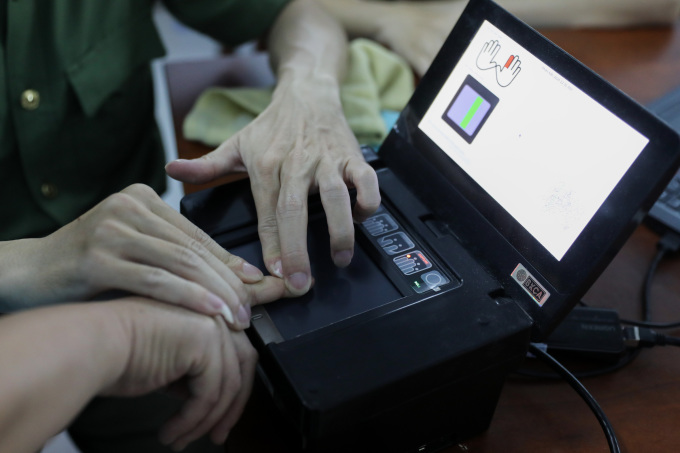
People come to make chip-embedded citizen identification cards in Thu Duc City, March 2021. Photo: Quynh Tran
In its explanatory report at the end of April, the Government said that citizen information is fully stored in an encrypted section to ensure privacy. In the immediate future, some documents will be integrated into the ID card. In the next stages, depending on the development of the data infrastructure, ministries, branches and localities will propose additional integration.
The draft law proposes to remove fingerprints and identifying features from the ID card and replace the place of birth with the place of birth registration and the place of permanent residence with the place of residence. According to the Government, this improvement aims to facilitate people when using the ID card, limit the need for reissuance and ensure privacy; people's information is exploited through electronic chips.
Replacing permanent residence with residential residence is considered practical because many people currently only have temporary residence, current residence, or even no permanent or temporary residence. With the new regulation, all people are eligible for an ID card; ensuring the rights when having personal identification papers to perform administrative procedures and civil transactions.
The issuance of new ID cards is carried out according to the needs of the people. When there are no conditions to exchange for a new ID card, citizens can integrate information into the electronic ID (free on the VNeID application) to carry out administrative procedures, civil, economic and commercial transactions.
The issued ID card remains valid until the expiration date stated on the card. Legal documents issued using information from the ID card or citizen identification card remain legally valid.
On June 1, the National Assembly will vote to pass the Resolution on the Law and Ordinance Development Program for 2024 and adjust the Law and Ordinance Development Program for 2023. After that, the delegates will listen to the presentation and review the draft Law on Telecommunications (amended); discuss the draft Law on amending and supplementing a number of articles of the Law on People's Public Security, the draft Law on amending and supplementing a number of articles of the Law on Exit and Entry of Vietnamese Citizens and the Law on Entry, Exit, Transit and Residence of Foreigners in Vietnam.
Source link




































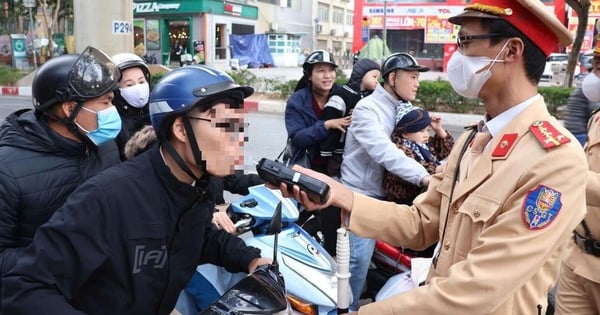
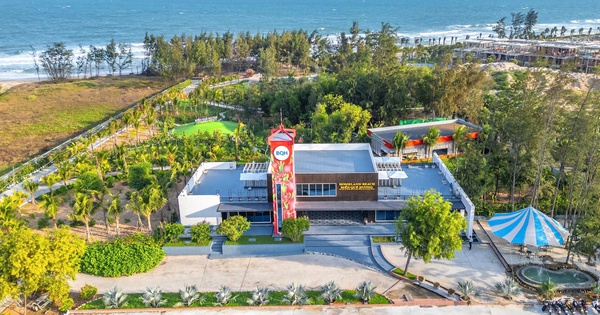
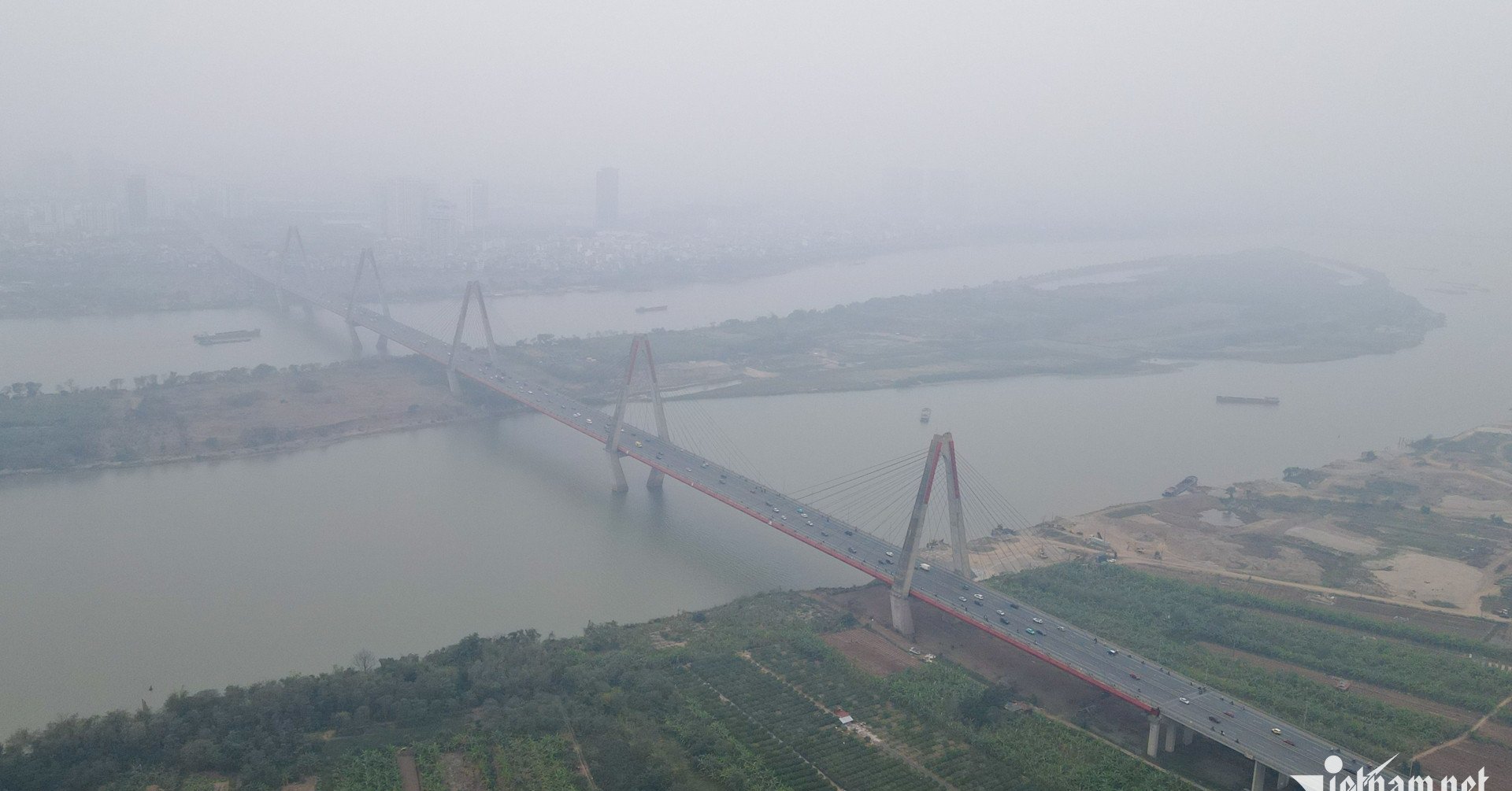


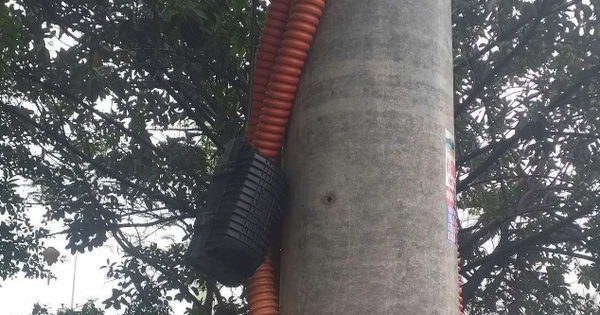

























Comment (0)